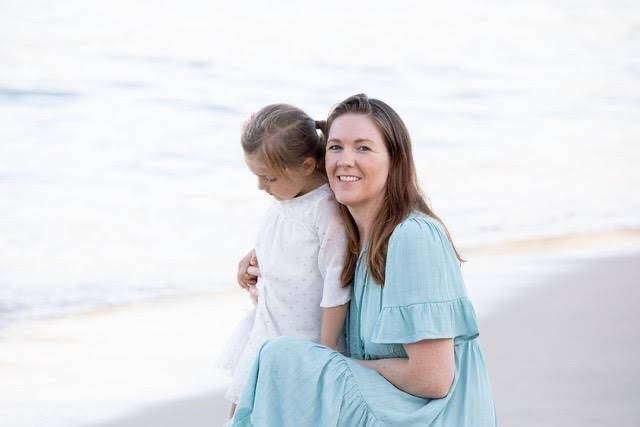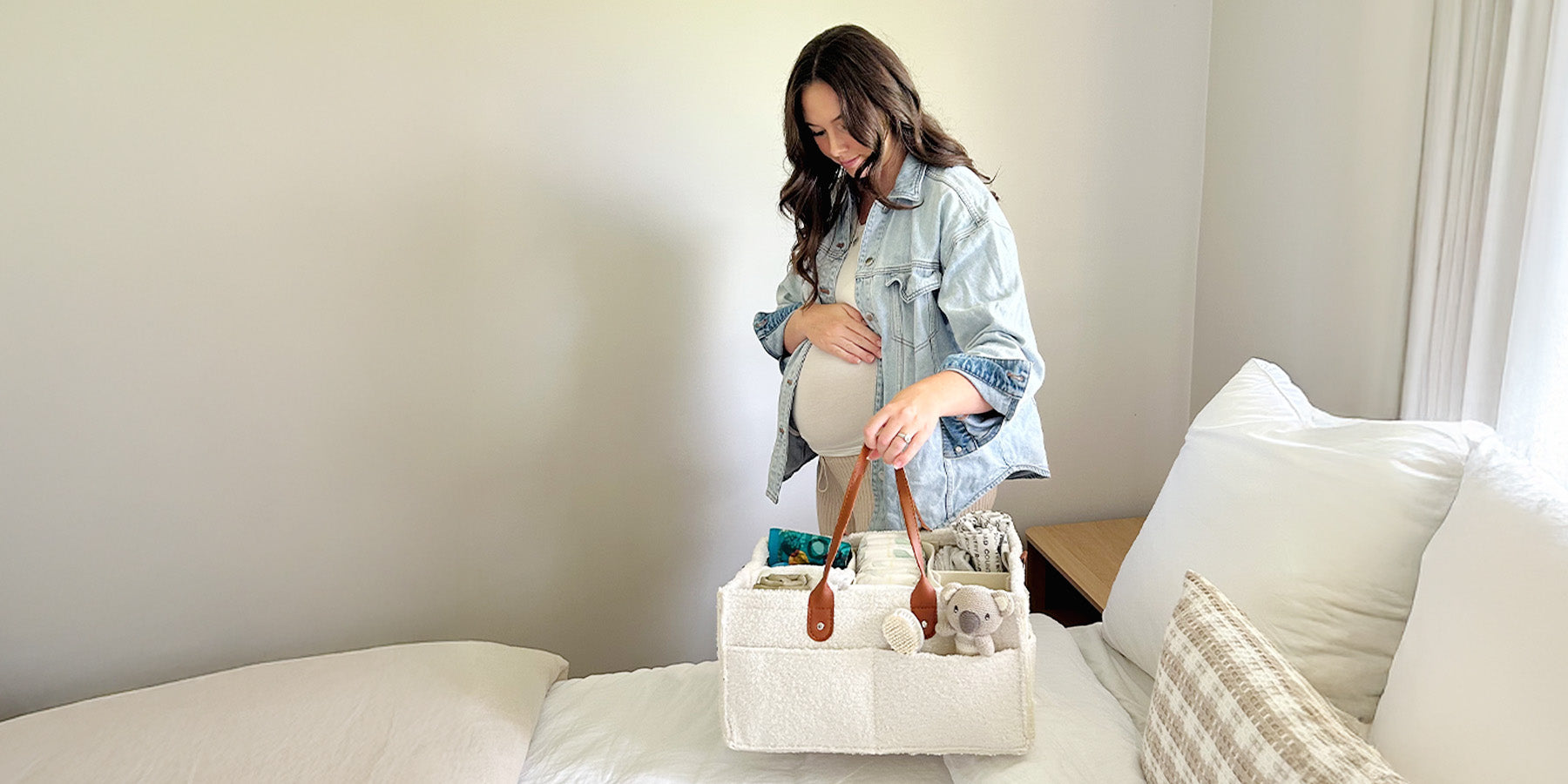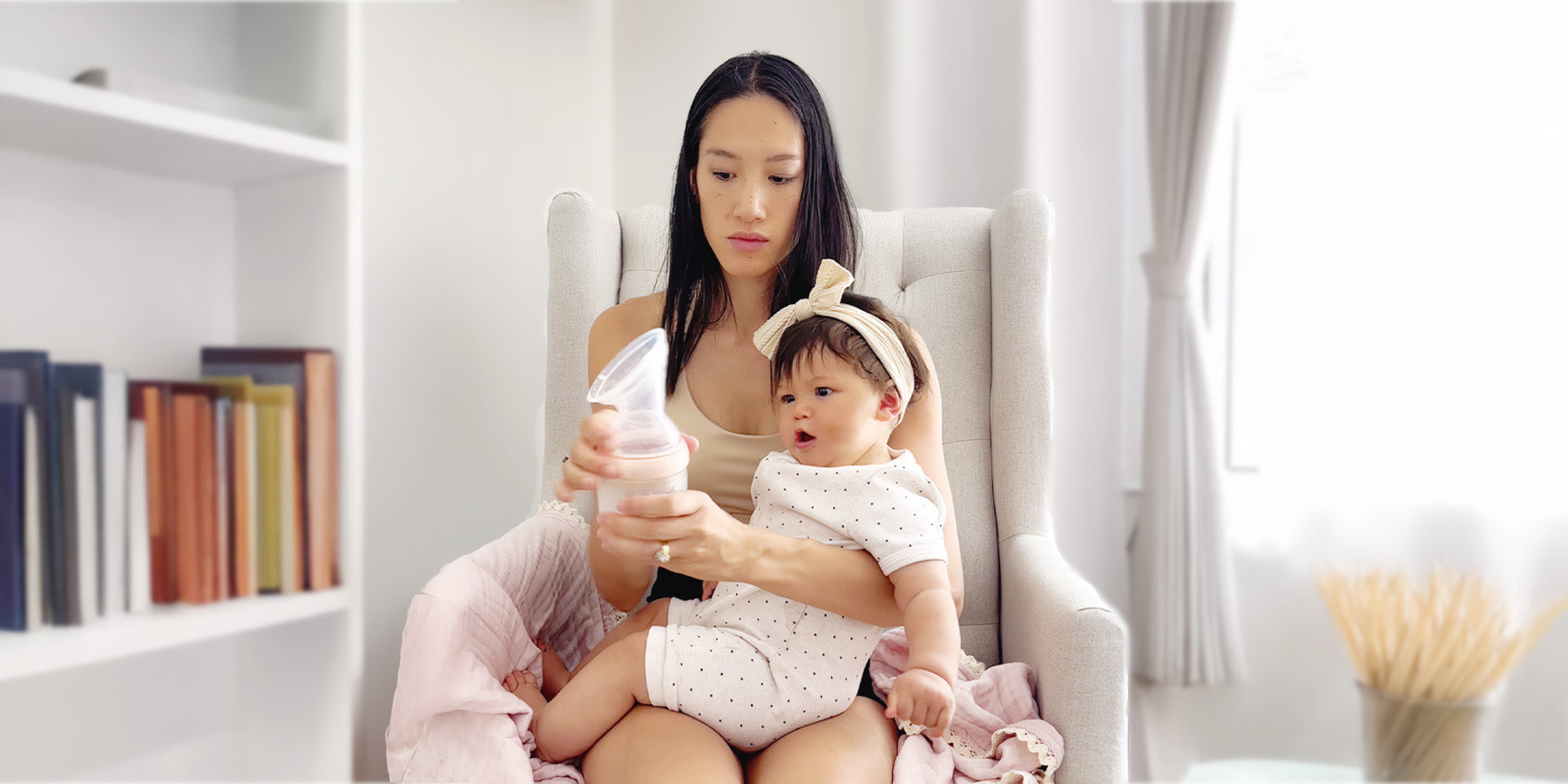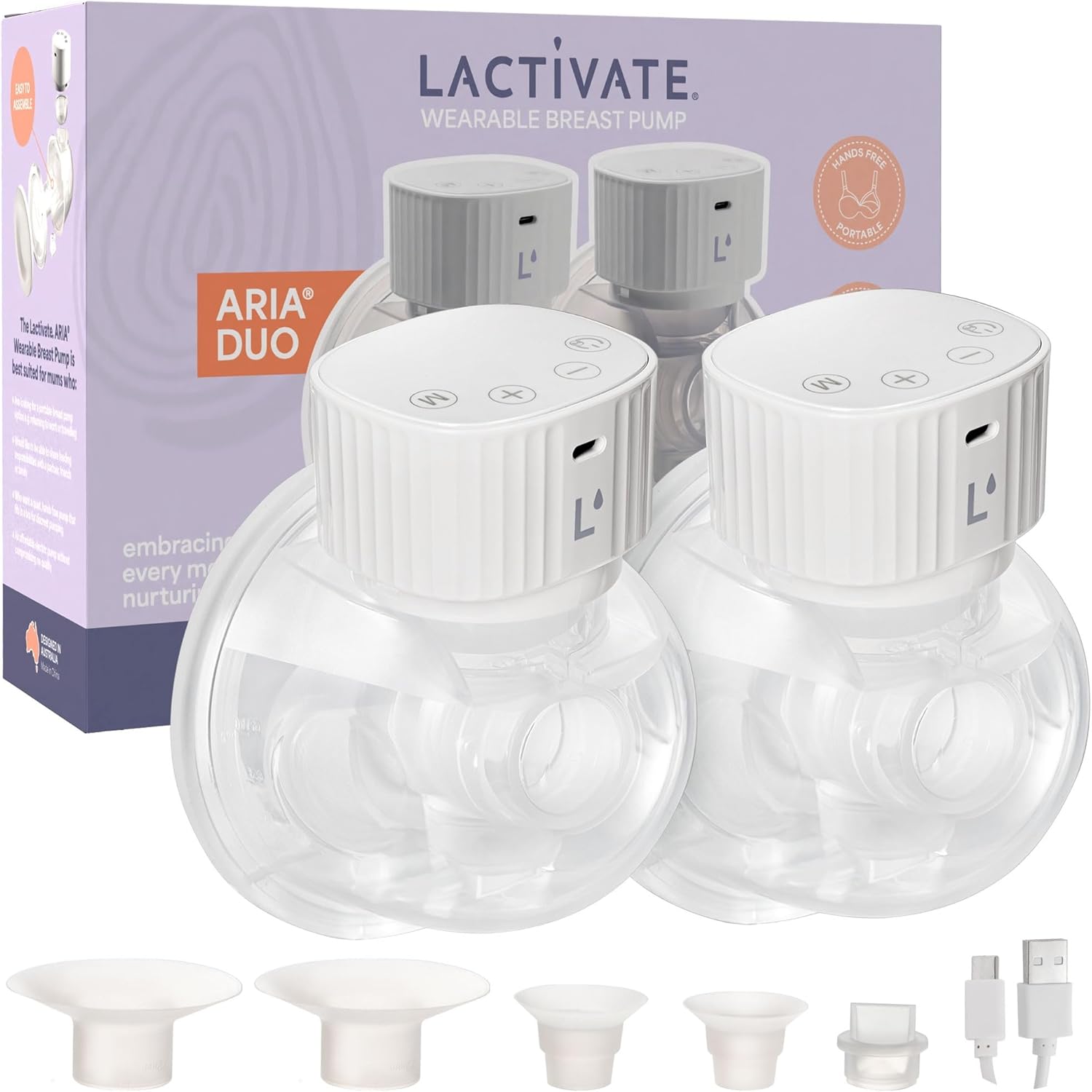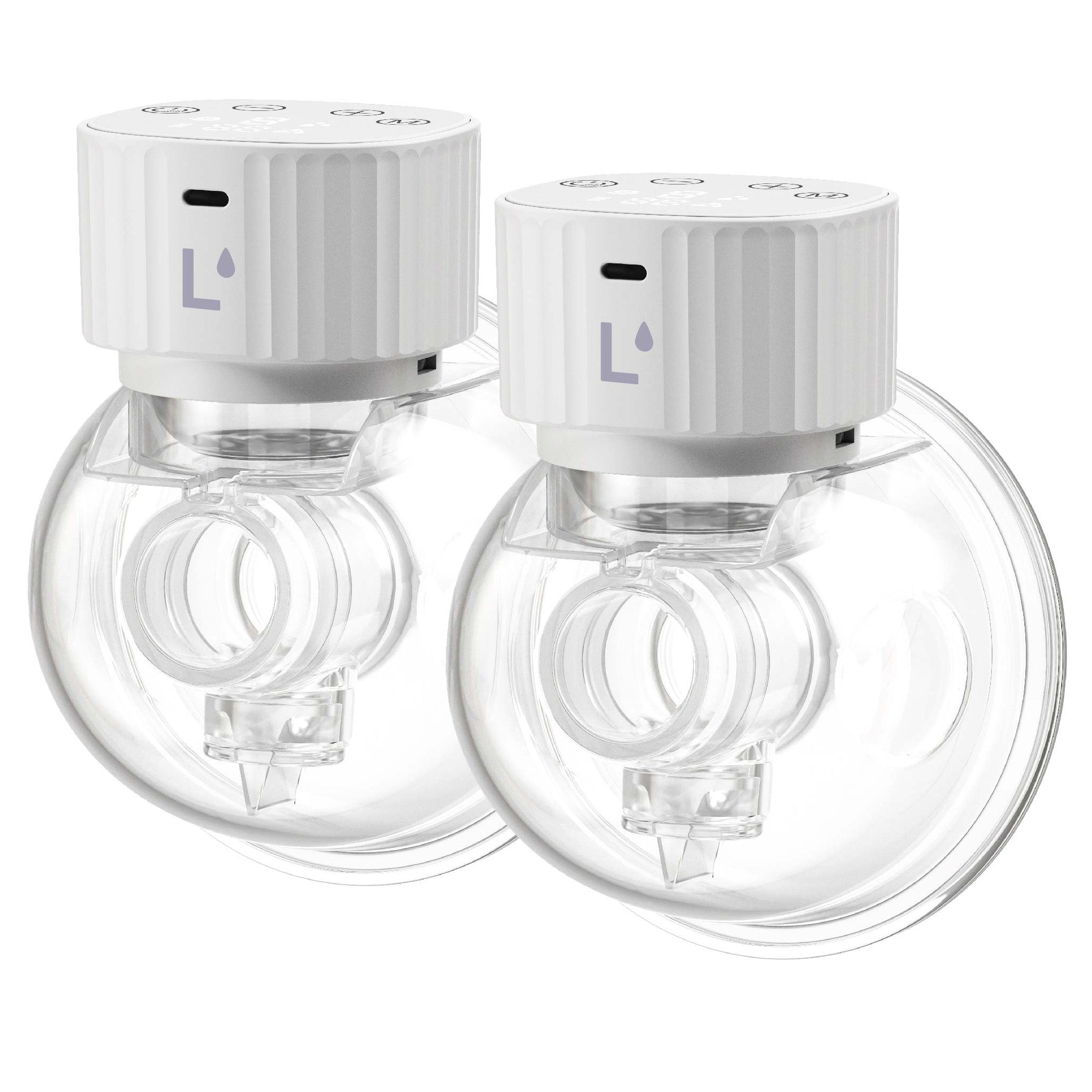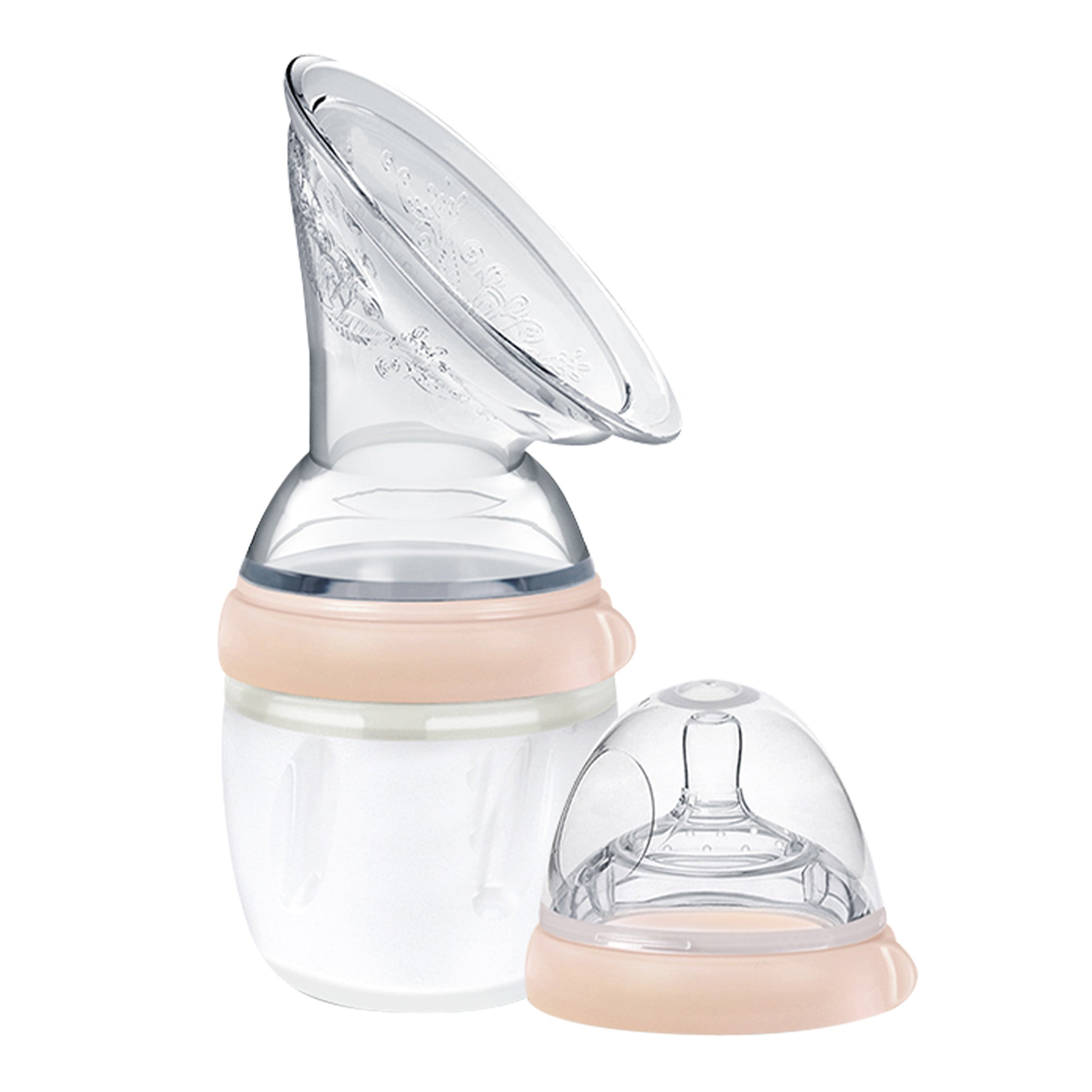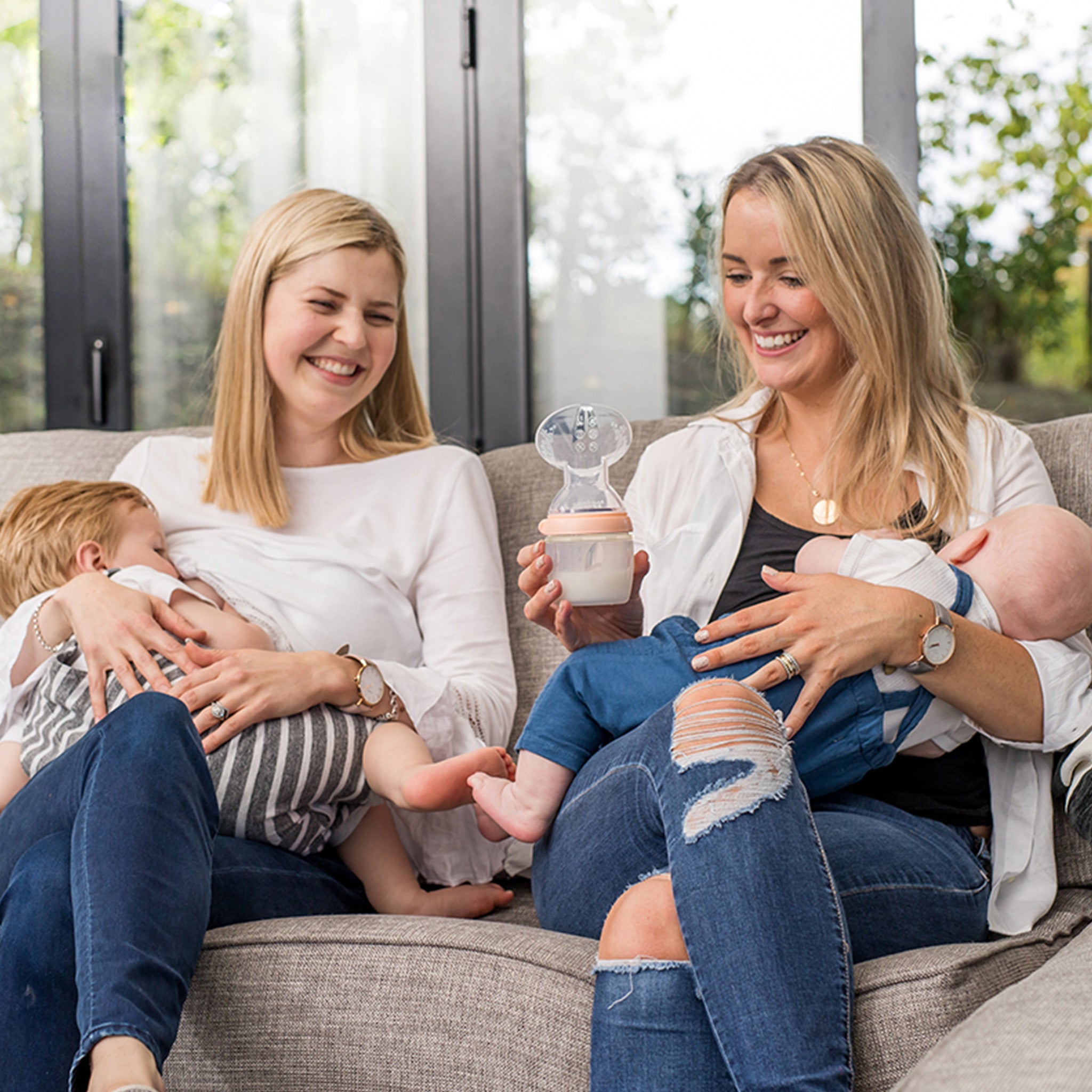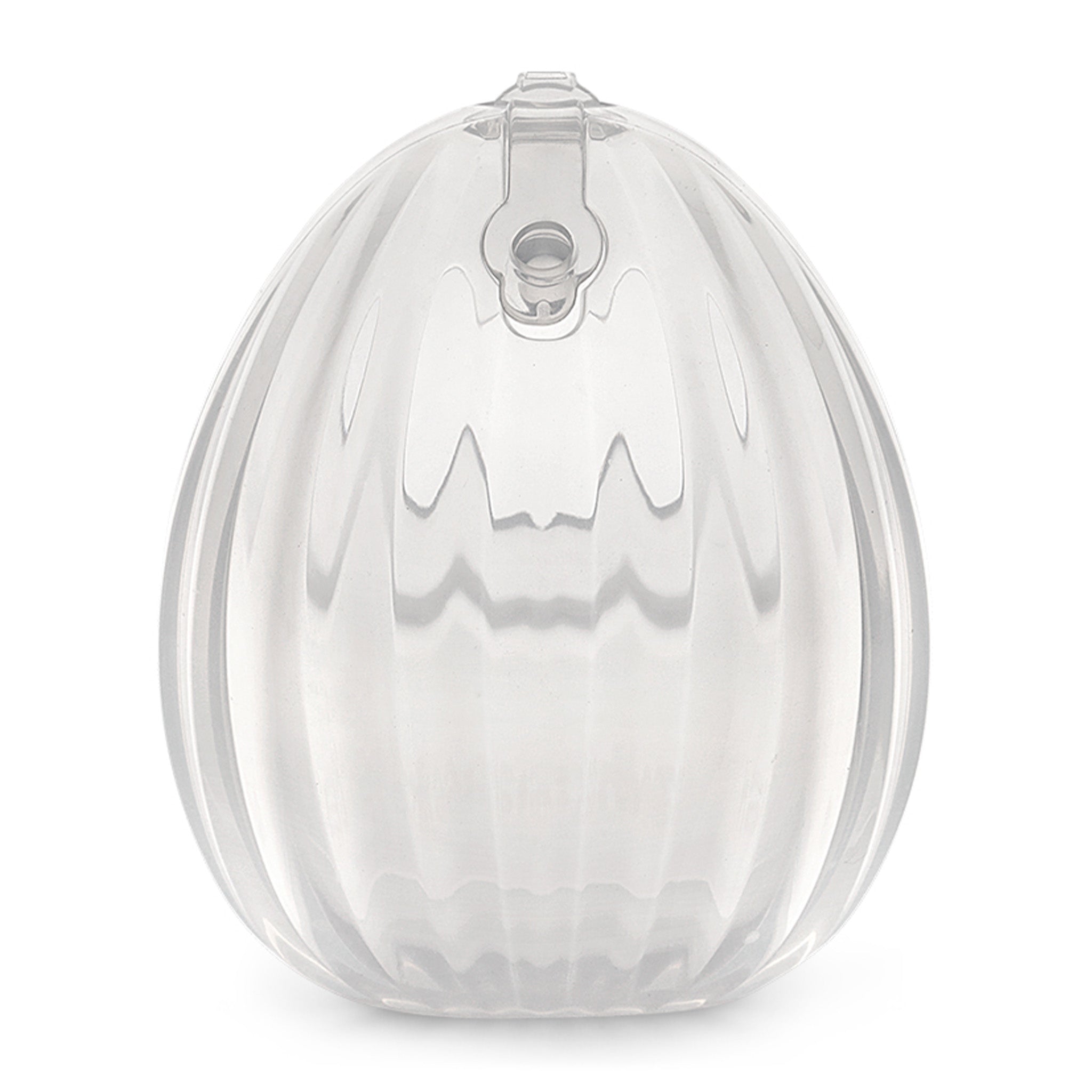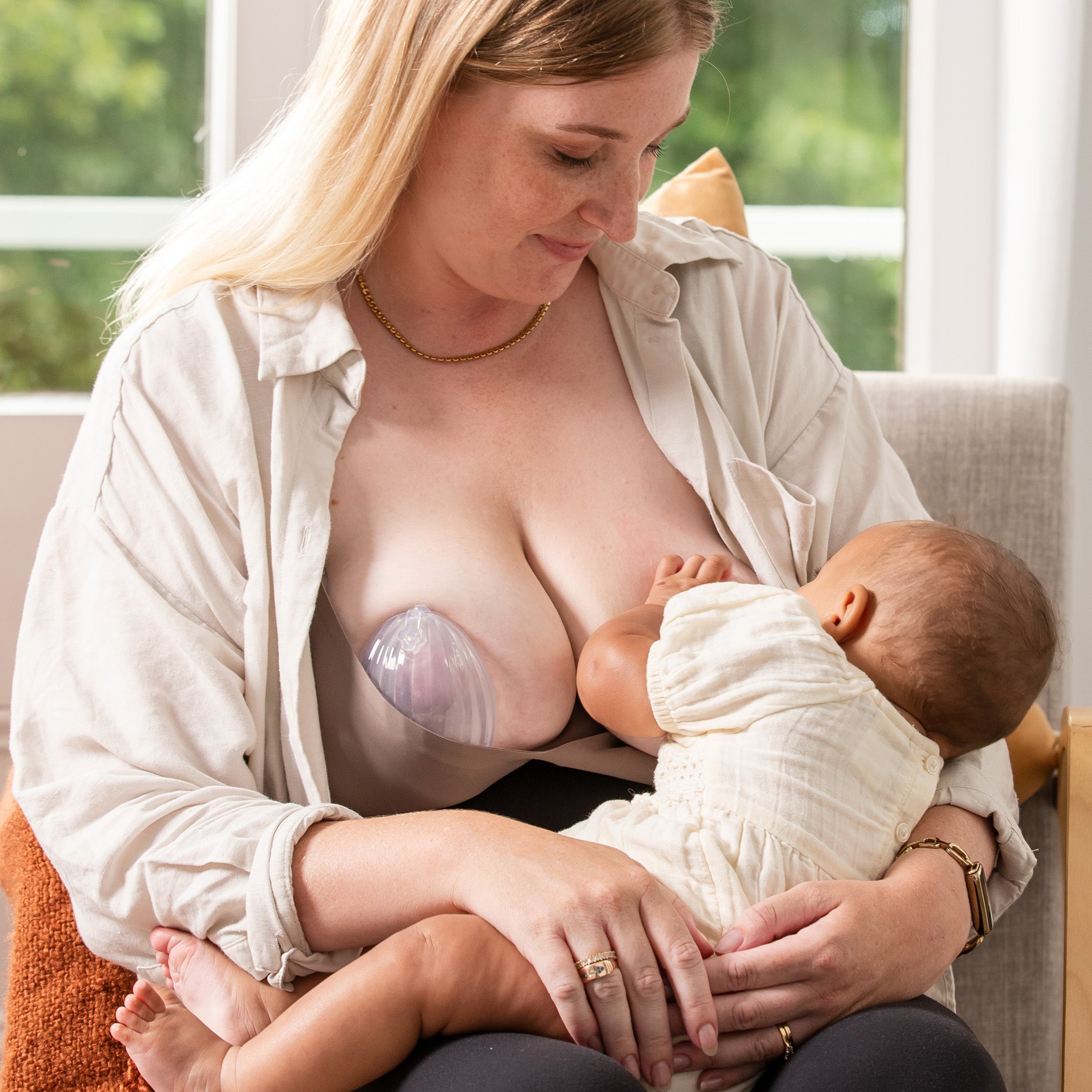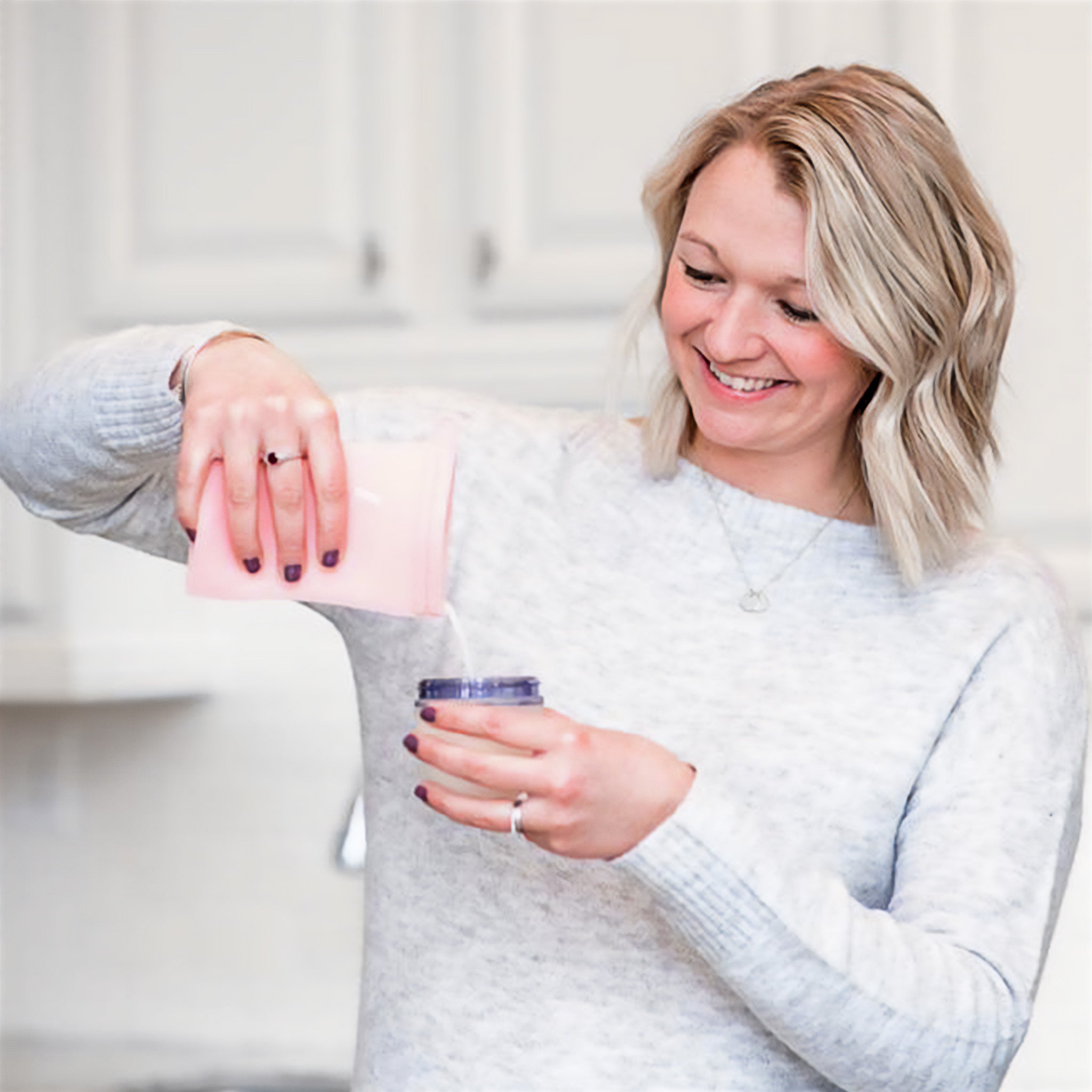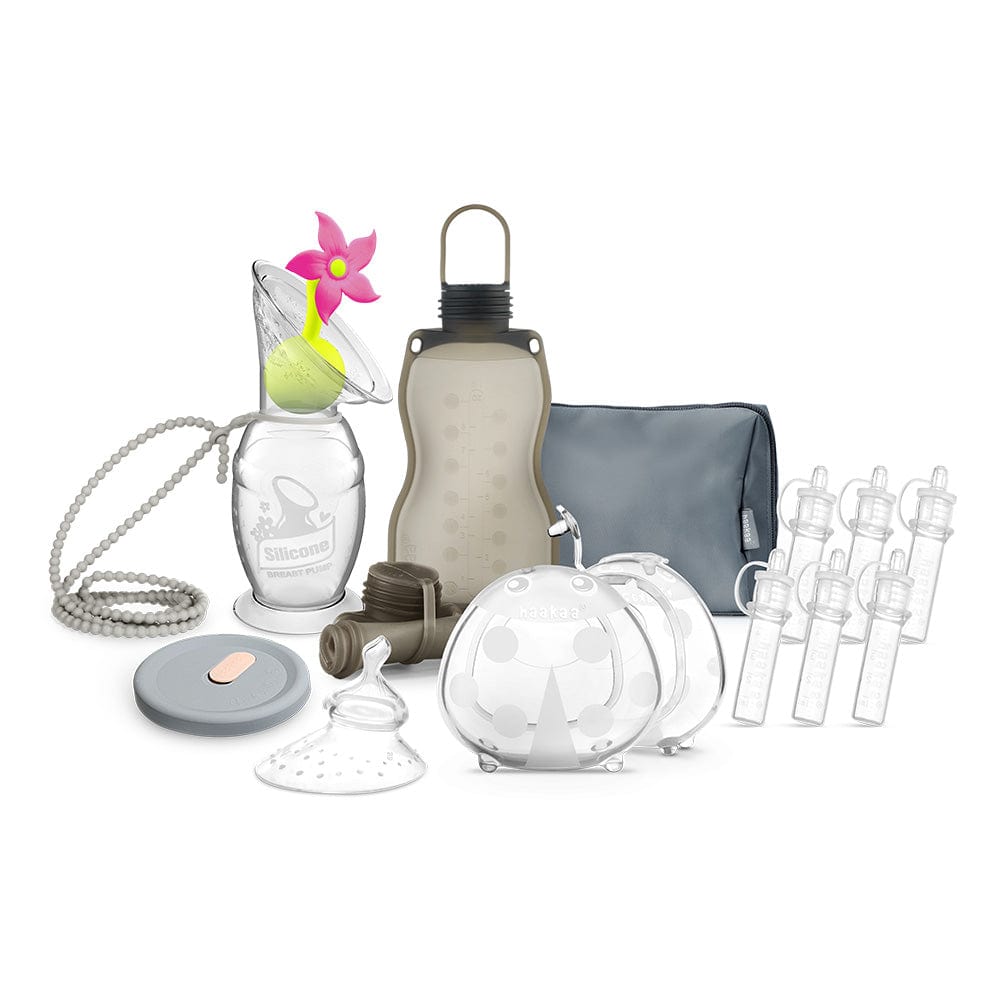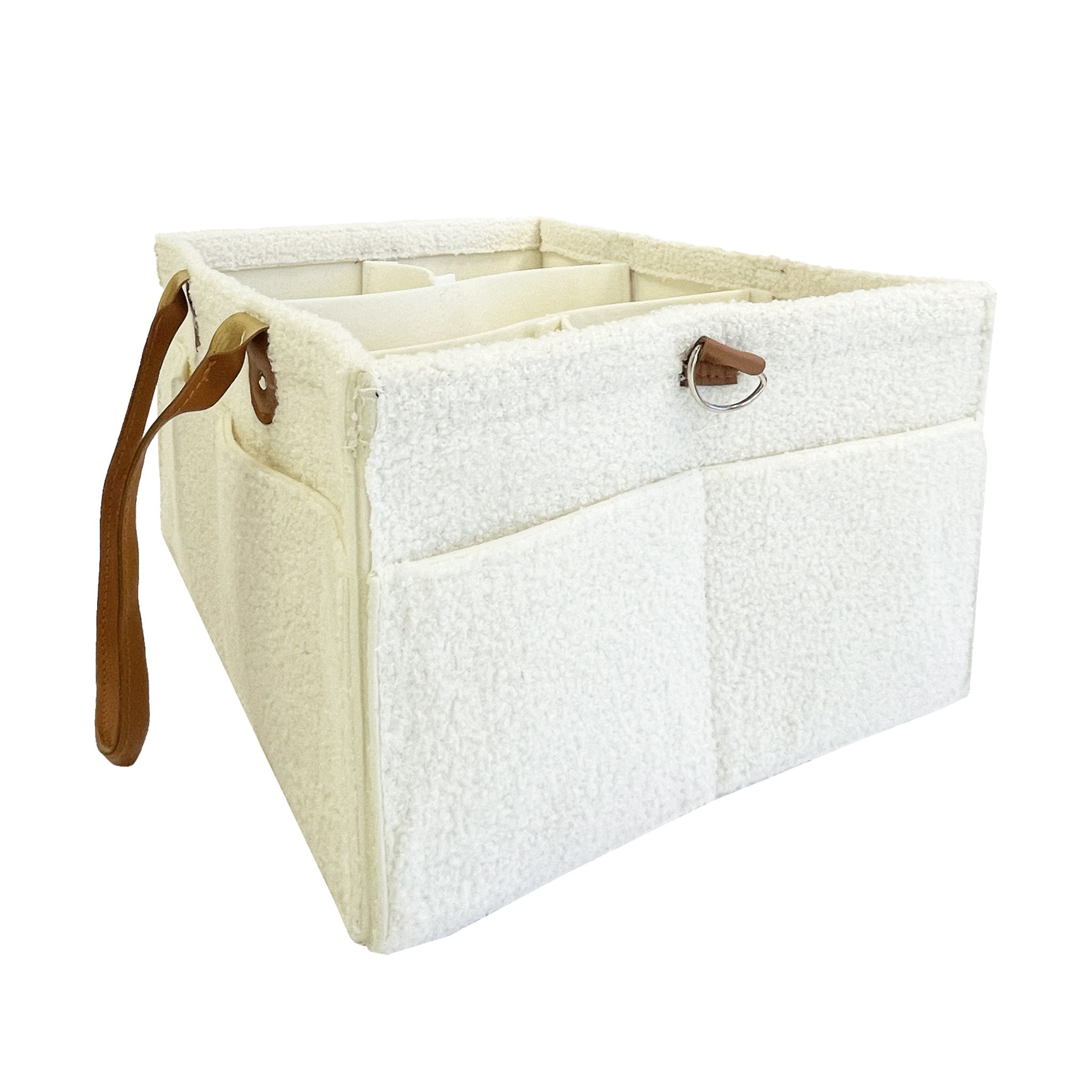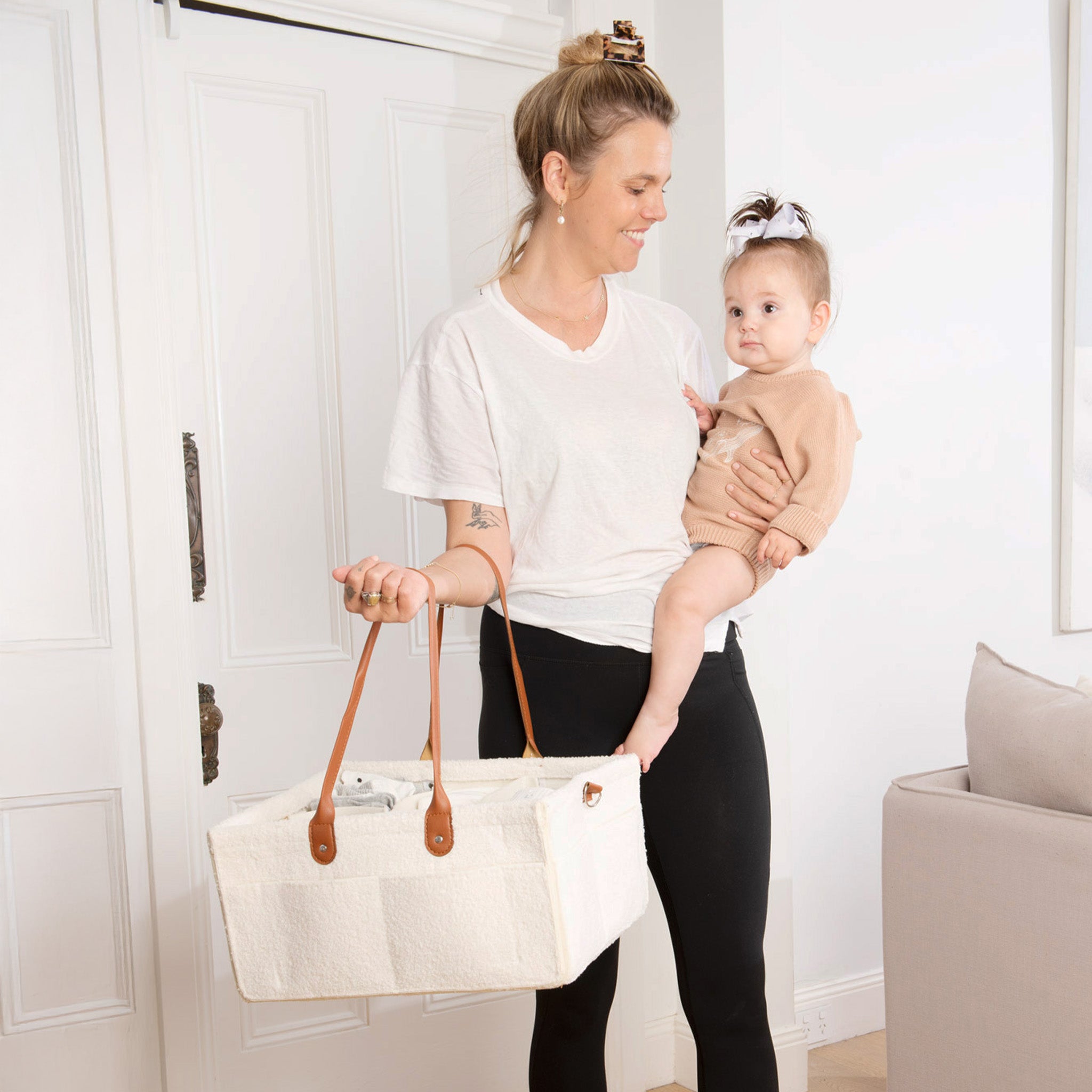Babies have unique sleeping patterns that change as they grow and develop. Newborns sleep for most of the day, usually waking up every few hours to feed. As they get older, their sleep patterns become more organised, and they start to sleep for longer stretches at night. However, daytime naps are still essential for their growth and development. It's important for parents to pay attention to their baby's cues and establish a consistent sleep routine to help them develop good sleep habits. While every baby's sleeping pattern is unique, providing a safe and comfortable sleep environment can help promote healthy sleep habits for years to come. Most of all, in order to parent and be the best version of yourself, having a good night's rest, or at least as much rest as possible, is always the best way to go. But all of this can be so overwhelming and difficult to start or even understand. That’s why we’ve chatted to veteran Sleep Expert, Caroline, founder of Mind Body Sleep. Check it out below!
Getting to know Caroline..
Who are you, what do you do and what do you enjoy most about your job?
Hi! I’m Caroline, a mother of four amazing children and an internationally certified sleep consultant specializing in the 0-3 years age group. I work closely with families to help them gain confidence with navigating their little one’s sleep. The best part of the job is seeing the happy faces of both the parents and their child once everyone is sleeping well again.
What made you want to become a Sleep Consultant?
I experienced extreme sleep deprivation with our first baby. I felt absolutely lost as a first time mum and really fumbled my way through the first 8 months. I eventually hit breaking point and sought help from a sleep consultant and things turned around in a matter of days. It was such a positive change for all of us. I felt empowered and knew this was exactly what I needed to do. I wanted to help families like myself!
What are the most common issues parents have faced in your opinion?
I think every family struggles with some aspect of their child’s sleep at some point of their parenting journey (catnapping, early rising, frequent night waking, bedtime battles to name a few). But, what I have found is that with the rise of social media there is so much conflicting information and opinions that it becomes very confusing.
And getting into the nitty gritty of commonly asked questions, this is what Caroline has to say..
How much sleep does a newborn need?
Newborns need a lot of sleep! But, there are no set guidelines for the exact amount of hours we should aim for. Instead of looking at their total sleep in a 24hr period, it’s best to watch your baby’s tired signs and mood to know if they’re getting the sleep they need. They also need to feed quite frequently, so even though they sleep a lot, we don’t expect to see many long stretches of sleep until their second or third month.
When do babies start sleeping through the night?
There is no solid answer to this question. We also need to define what “sleeping through the night” is. For the sake of this question, let’s consider sleeping through the night as being a 10-12 hours stretch of sleep without waking for a feed.
Some babies will naturally do this from as early as 3 or 4 months old. But, many babies will still require at least one night feed up to about 9-12 months old. There’s also nothing wrong if your baby continues to have a feed throughout the night beyond 12 months if that is something that works for your family.
How long should naps be for a baby?
This will vary greatly depending on your baby’s age and how many naps a day they are having. Daytime sleep needs gradually reduce over the first few years of your little one’s life. During this time the length and number of naps will change. In general, nap lengths will vary from about 30 minutes to 2.5hrs.
What is the recommended sleeping position for a baby?
Safe sleep recommendations are to always put your baby down on their back for sleep. Once they start rolling, if they roll onto their bellies themselves it’s ok for them to sleep in that position as long as their sleep space is safe (ie in a cot on a firm mattress with just a fitted sheet and no loose items like sheets, pillows, blankets, toys, bumpers etc.)
What are the risks (if any) of letting babies sleep with lots of pillows, on beds or even together in a small space (if there are multiple babies)?
There is an increased risk of suffocation or strangulation. It is recommended that your baby sleeps in an empty cot for at least the first 12 months.
How can I help my baby establish a sleep routine?
Babies love patterns and predictability. Understanding your baby’s awake windows and tired signs will help you settle them to sleep at the optimal times. Creating pre-sleep rituals will also signal and help prepare your baby for sleep time. This can be done before naps and at bedtime. Include calming activities that both you and your baby enjoy and find relaxing. This could be a bath or baby massage, getting dressed in their sleeping bag, dimming the lights, reading a book, having a cuddle and/or singing a song.
Should I let my baby cry it out?
There’s a common misconception that to sleep train you need to leave your baby alone to cry it out. This simply isn’t the case. There are so many different approaches that involve looking at many aspects that affect your baby’s sleep like routines, sleep environment, feeding, as well as responsive settling techniques that allow you to support your baby while they learn to settle to sleep independently.
How can I soothe my baby to sleep?
There are many ways to soothe your baby. The trick is to find what works best for them. This could be feeding, rocking, bouncing, swaddling (newborns), dummy, white noise, shushing, patting, or a combination of any of these.
When should I transition my baby from a crib to a bed?
As close to 3 years old as possible. Toddlers have very little impulse control and removing the physical boundary a cot provides can lead to difficulties with keeping them in bed.
Of course, if they are climbing out of the cot this becomes a safety issue and in this case you would need to make that transition to a bed.
How should I dress my baby for sleep?
I always recommend using a sleeping bag or a sleep suit instead of blankets. Babies and toddlers move around a lot in their sleep so a blanket is unlikely to keep them warm all night, not to mention the safety risks for babies under 12 months. Many sleeping bags/suits have a TOG (Thermal Overall Grade) rating depending on their thermal insulation (warmth). Manufacturers also usually provide a guide of what to dress your baby in under the sleeping bag/suit depending on the TOG and room temperature.
When possible, opt for natural fibers like wool (merino), cotton, linen etc as they are breathable and help with thermoregulation. Avoid synthetic fibers like polyester as this can lead to overheating.
Do babies care about sleep hygiene like adults?
Absolutely! Sleep hygiene is important for everyone’s sleep, adults and babies alike. This includes things like setting up a cool, calm and comfortable sleep environment, limiting screen time before bed and removing electronic devices from bedrooms, a healthy diet, getting plenty of physical exercise, and following a consistent bedtime routine.
How do I know if my baby is hungry, tired or sick?
Following a routine will help you better understand your baby’s cues within context. If they feed/eat and sleep at a similar time or in a similar pattern each day you will be able to differentiate between tired and hunger cues. You’ll also be able to quickly pick up on any sudden changes to their sleeping or feeding patterns which could indicate that they are feeling unwell and prompt you to look out for other symptoms.
How can I help my baby sleep better during teething?
Offer cold teethers during the day to help soothe any pain. Talk with your doctor about pain relief overnight. Teething pain is usually at its worst the few days before and after tooth eruption, so your baby may need a little more comfort or support during this time. A well rested bub will be able to tolerate the discomfort better, so try and make sleep a priority.
What should I do if my baby has trouble sleeping?
Go back to basics. Think about your routine, their sleep environment, how they’re feeding, and if they are healthy or if something is bothering them. If everything seems to be in place, look at how your baby falls asleep and if they are needing a lot of help falling asleep and staying asleep. If they are relying a lot on your help (rocking, feeding, bouncing etc) and this is no longer sustainable, look at giving them opportunities to start settling more independently.
Is sleep training necessary for babies from newborn?
No. We can’t sleep train newborns, but we can set up strong, healthy sleep habits while supporting them to sleep. By establishing these foundations early there may be no need to formally sleep train later on.
What are common regressive sleep patterns and how do parents manage it?
It’s important to remember that your baby’s sleep development is continuously progressing. Sleep regressions are essentially a temporary period of sleep disruptions that are often linked to major developmental milestones but can also be due to illness, travel or changes in family dynamic or routine.
“Regressions” are commonly characterized by shorter naps, resistance to settling, more frequent night waking or waking for extended periods overnight. The best way to support your baby through these phases is to try and stick to your regular routines as much as possible.
How/where do I contact you for a consultation?
You can follow me on Instagram and Facebook (@mind_body_sleep).
Visit my website: www.mindbodysleep.com.au.
Or email: hello@mindbodysleep.com.au
In conclusion, seeking guidance from an infant sleep expert can be incredibly valuable for parents who are struggling with their baby's sleep. Sleep experts have specialized knowledge and training in the specific needs and development of infants, and can provide personalized recommendations to promote healthy sleep habits. By working with an expert, parents can learn strategies to address common sleep issues such as night waking, difficulty falling asleep, and sleep regression. Additionally, an expert can provide reassurance and support during what can be a stressful and overwhelming time. Overall, seeing an infant sleep expert can help parents and babies alike achieve more restful and satisfying sleep.

